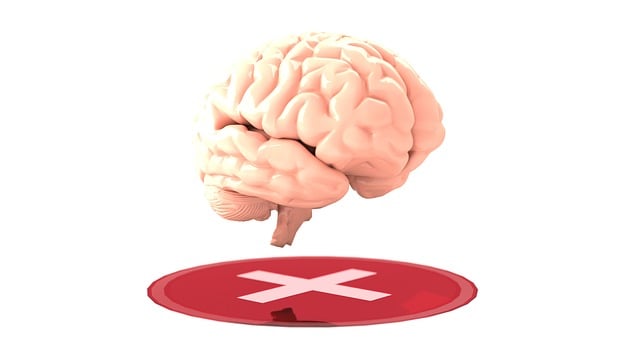Trauma from violent incidents or prolonged distress can cause long-lasting mental and emotional harm, leading to conditions like PTSD. Superior Psychosis Therapy is an evidence-based approach that helps individuals process traumatic memories, manage symptoms, and develop self-care routines for better mental health. Combining crisis intervention with strategies for building resilience, this therapy empowers people to heal, reclaim their lives, and navigate life's challenges safely. Effective trauma support requires a comprehensive strategy including CBT, EMDR, Stress Management Workshops, Mental Health Policy advocacy, and raising awareness to break down stigma and create a supportive community environment.
Trauma is a profound, lasting impact that can significantly affect individuals’ lives. In response to this critical issue, trauma support services have emerged as essential resources. This article delves into understanding trauma and its far-reaching consequences, highlighting the pivotal role of superior psychosis therapy in recovery. We explore effective strategies for implementing support services, emphasizing how tailored interventions can empower survivors and foster resilience. By examining these key aspects, we aim to shed light on optimizing care for those navigating the challenges of trauma.
- Understanding Trauma and Its Impact
- The Role of Superior Psychosis Therapy
- Implementing Effective Support Services
Understanding Trauma and Its Impact

Trauma is a profound and complex experience that can leave lasting imprints on an individual’s mental and emotional well-being. It stems from various sources, such as violent incidents, accidents, or prolonged exposure to distressing situations. Understanding trauma involves recognizing its multifaceted nature, as it can manifest not only as acute reactions but also as chronic conditions like post-traumatic stress disorder (PTSD). The impact of trauma is profound, often leading to a range of symptoms, including flashbacks, nightmares, severe anxiety, and emotional numbing.
Superior psychosis therapy plays a pivotal role in supporting individuals who have experienced trauma. Through evidence-based approaches, therapists help clients process and make sense of their traumatic memories while teaching valuable coping strategies for managing stress and anxiety. Encouraging the development of a robust self-care routine is integral to this process, as it empowers individuals to prioritize better mental health. By integrating effective therapy with self-care practices such as mindfulness, exercise, and healthy habits, people can begin to heal and reclaim their lives, finding relief from the grip of trauma and cultivating resilience.
The Role of Superior Psychosis Therapy

Superior Psychosis Therapy plays a pivotal role in trauma support services by addressing the profound impact of traumatic events on an individual’s mental health. This therapeutic approach goes beyond surface-level symptoms, delving into the underlying psychological mechanisms that contribute to post-traumatic stress and other mental health challenges. Through structured sessions, clients are guided to develop inner strength and resilience, enabling them to navigate life’s challenges with renewed perspective.
The process involves Crisis Intervention Guidance, offering immediate support during acute distress, and fostering coping mechanisms for long-term stability. Additionally, Self-Care Routine Development is a core component, empowering individuals to prioritize their well-being. By integrating these strategies, Superior Psychosis Therapy not only helps trauma survivors heal but also equips them with tools to maintain mental health and build a more fulfilling life.
Implementing Effective Support Services

Implementing effective trauma support services requires a multifaceted approach that addresses both individual needs and systemic changes. Organizations offering Superior Psychosis Therapy should prioritize evidence-based practices, such as cognitive behavioral therapy (CBT) and eye movement desensitization and reprocessing (EMDR), to help individuals process traumatic memories safely and effectively. These therapies have been proven to reduce symptoms of post-traumatic stress disorder (PTSD) and enhance overall well-being.
Beyond individual therapy, integrating Stress Management Workshops within support services can empower survivors with coping mechanisms for daily life. Additionally, Mental Health Policy Analysis and Advocacy plays a crucial role in ensuring that trauma support is accessible and inclusive at the community level. By fostering Mental Health Awareness, organizations contribute to breaking down stigma and promoting understanding, which are essential steps towards creating a supportive environment for those who have experienced trauma.
In light of the profound impact of trauma, understanding its effects and implementing effective support services are paramount. The article has explored these aspects, highlighting the importance of specialized approaches like Superior Psychosis Therapy in addressing traumatic experiences. By combining knowledge with practical strategies, we can foster healing and recovery for those who have endured trauma, creating a more compassionate and supportive society.














